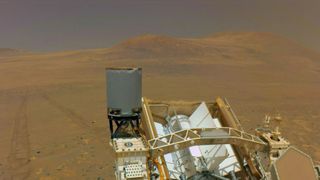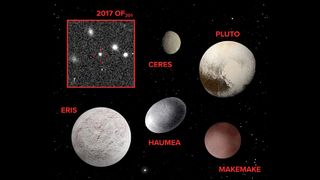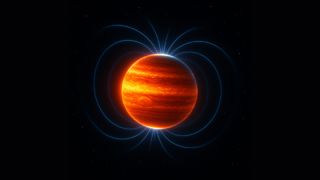Planet news, features and articles
Latest about Planets
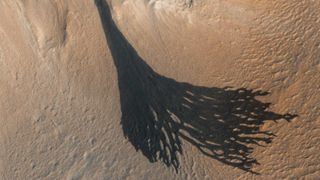
Long, dark 'streaks' spotted on Mars aren't what scientists thought
By Ben Turner published
A set of dark streaks that regularly wind across the Martian surface are more likely to be formed by dust and wind than by water, a new artificial intelligence analysis has revealed.

Giant planet discovered around tiny star challenges our best theories
By Skyler Ware published
Scientists have discovered a giant planet called TOI-6894b, orbiting a star that should be far too small to have formed it. The discovery could further challenge theories of planet formation.
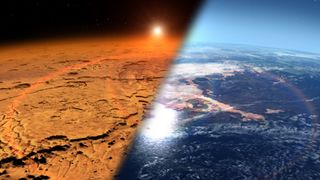
Solar 'cannonballs' may have stripped Mars of its water, study reveals
By Sharmila Kuthunur published
After nearly a decade in orbit, NASA's MAVEN spacecraft has, for the first time, directly observed the process that scientists had long suspected was responsible for stripping Mars of its atmosphere.
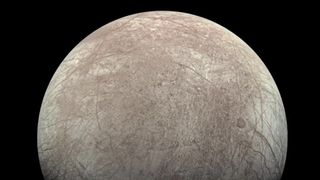
James Webb telescope spots weird changes on Jupiter's icy moon Europa
By Carolyn Collins Petersen published
The ice on the surface of Jupiter's massive moon Europa is constantly changing, hinting at the presence of a subsurface ocean, new James Webb telescope observations reveal.
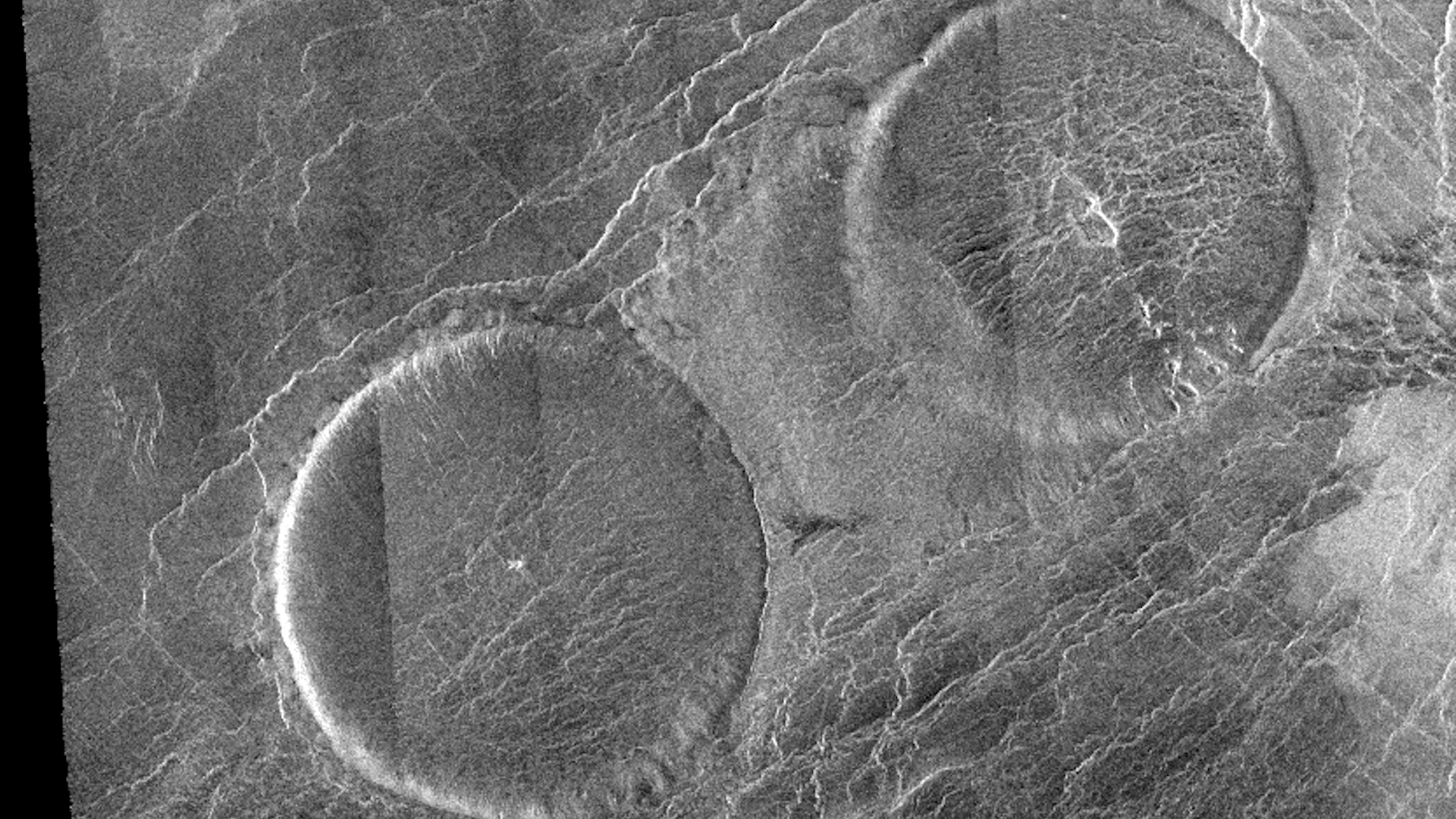
Hold the syrup: Weirdly perfect 'pancakes' on Venus may prove the planet is buckling
By Deepa Jain published
A study suggests that Venus' volcanic "pancake domes" push the planet's crust down, forming bulges toward the surface. This could explain a decades-old mystery.

'The Martian' predicts human colonies on Mars by 2035. How close are we?
By Ari Koeppel published
Opinion NASA hasn't landed humans on Mars yet. But thanks to robotic missions, scientists now know more about the planet's surface than they did when the movie was released.

James Webb telescope discovers frozen water around alien star
By Sharmila Kuthunur published
The discovery of water ice around a distant star is allowing scientists to study how the key ingredient for life is delivered to young planets beyond our solar system.
Get the world’s most fascinating discoveries delivered straight to your inbox.
 Live Science Plus
Live Science Plus





